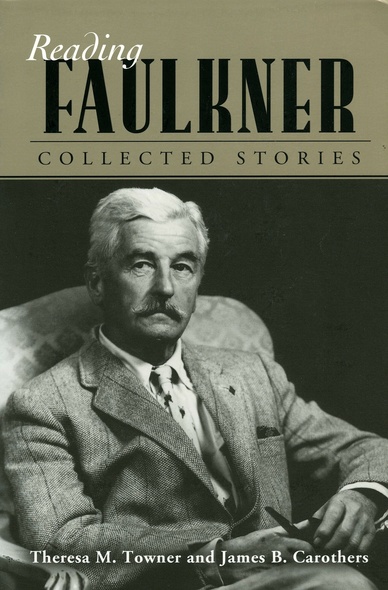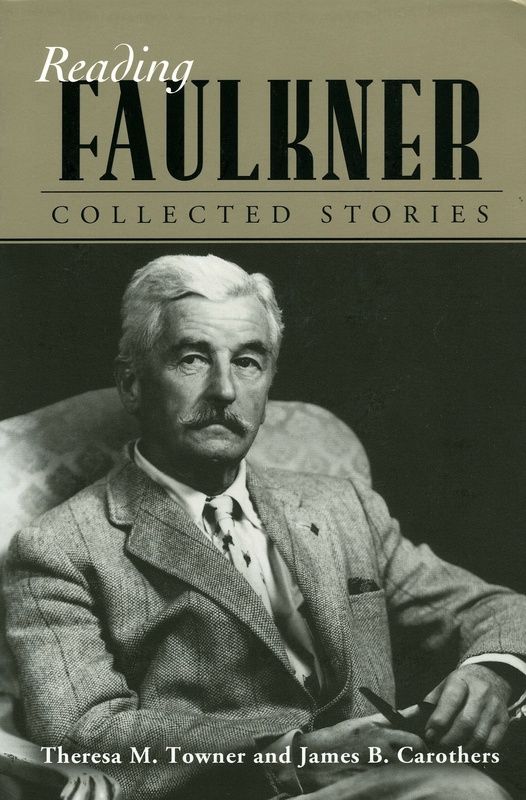William Faulkner once called the short story “the most demanding form after poetry.” In that form, he achieved splendid success. He wrote over a hundred short stories, published nearly all of them during his lifetime, and has become one of the most frequently anthologized writers in the genre. Countless readers of Faulkner have first entered his world through one of the forty-two doors in Collected Stories.
Reading Faulkner: Collected Stories attempts to make the process of reading America’s major modern writer less daunting. It is a useful guide to Faulkner’s allusions, distinctly southern phrases, difficult words, and historical contexts, as well as to the intricacies of the prose. Arranged according to the Vintage edition’s table of contents, the annotations provide information about the material, political, and literary cultures that found their way into Faulkner’s greatest short fiction, including commentary on such classics as “A Rose for Emily” and “Barn Burning.” Information ranges from descriptions of 1930s farm implements and Great War airplanes to analyses of real estate deals and racial protocols. The authors offer explications of Faulkner’s allusions to other artists and thinkers from Christopher Marlowe to Voltaire to T. S. Eliot. An excellent companion volume to Collected Stories for beginning and experienced readers of Faulkner, Reading Faulkner: Collected Stories allows a fascinating glimpse of Faulkner’s mind at work on the materials of the world around him.
Theresa M. Towner is associate dean for undergraduate studies in the School of Arts and Humanities at the University of Texas in Dallas. James B. Carothers (1942-2024) was a longtime professor of English and administrator at the University of Kansas. He is author of William Faulkner’s Short Stories and was a founding editor of the Faulkner Journal.






